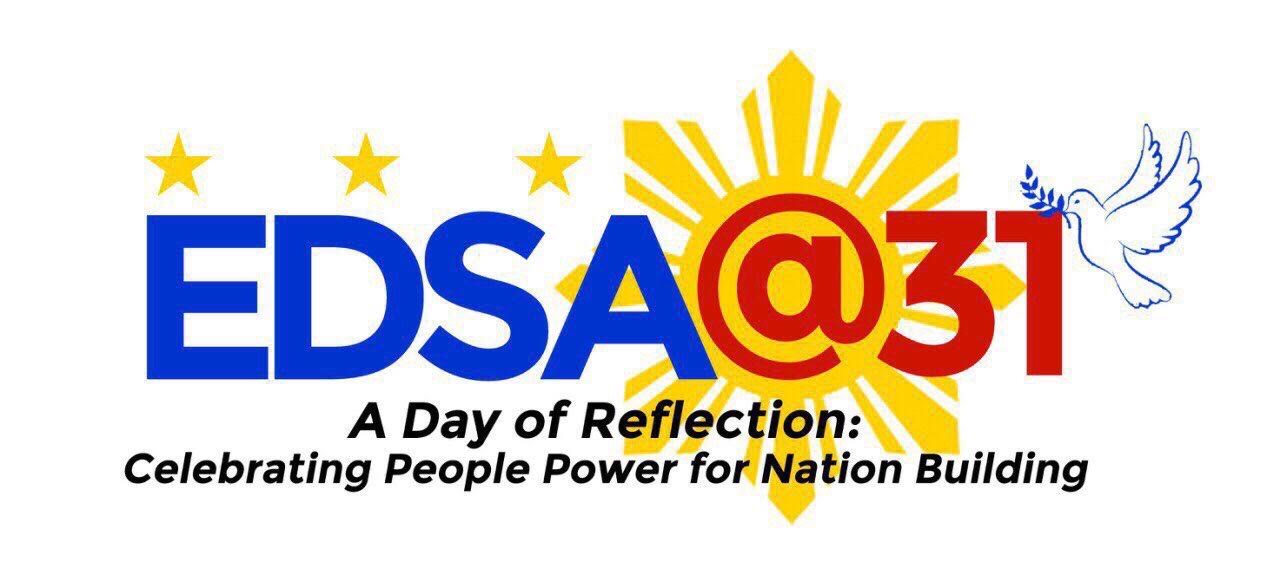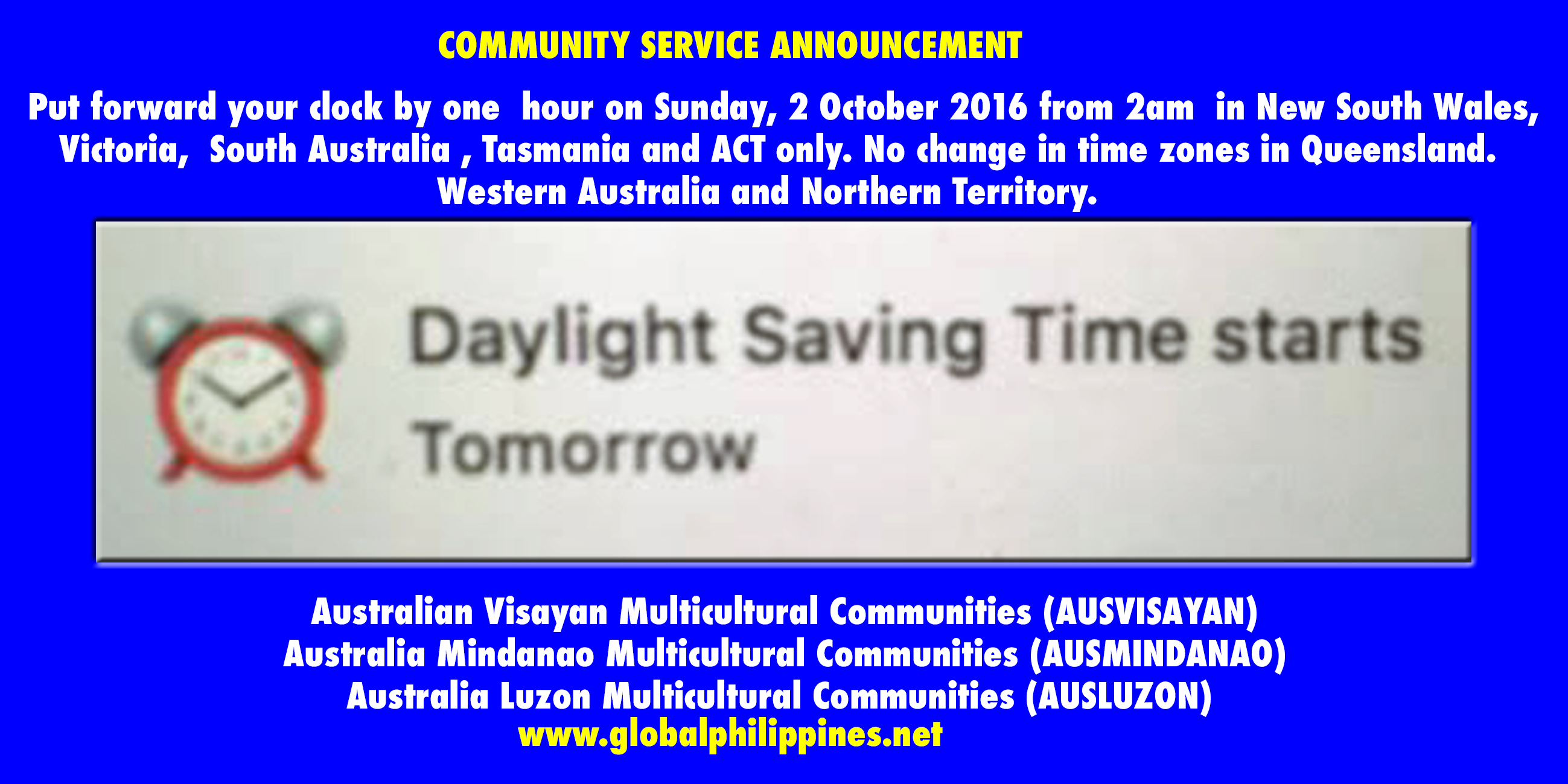President Rodrigo Duterte’s highly anticipated Freedom of Information (FOI) initiative will take effect on November 25 and government agencies are busy preparing for its enforcement, Communications Secretary Martin Andanar announced on November 10.
Executive Order No. 2, signed by President Rodrigo Duterte on July 23, is a response to the call for transparency and full public disclosure of information.
Under the EO, citizens’ right to file requests to access information will start one hundred twenty (120) days after the its publication.
The FOI is a government mechanism which allows Filipino citizens to request any information about the government transactions and operations, provided that it shall not put into jeopardy privacy and matters of national security. “We have conducted workshops for the agencies of the Executive branch, aiming to ensure that all agencies will be able to institute their own internal procedures on handling the FOI requests,” Communications Secretary Martin Andanar said.
Andanar also said that the processes will be published via the agencies’ People’s Manual, and shall be used as the requestors’ guide.
Any Filipino citizen can make an FOI Request. Requesting parties are required to present proof of identification. Any government issued ID can serve as a proof of identification. Requesting parties may ask information on official records, public records, and documents and papers pertaining to official acts, transactions or decisions, as well as to government research data used as basis for policy development.
An FOI request can be made before all government offices under the Executive Branch, including government owned or controlled corporations (GOCCs) and state universities and colleges (SUCs).
FOI requests must be sent to the specific agency of interest, to be received by its respective Receiving Officer.There are no fees to make a request. But the agency may charge a reasonable fee for necessary costs, including costs of printing, reproduction and/or photocopying.
Andanar said that agencies will keep on improving its processes of handling requests as they discover the frequently requested information, the requesting party’s preferred formats, among others. “This is a new task for our fellow government workers. As we continue to learn the ropes, we will be able to craft mechanisms that may further improve efficiency, because this resolve to promote transparency is a big leap for the country’s progress,” Andanar said.
Since the issuance of the Order, the PCOO has taken the lead to oversee the operation of the FOI program. Together with the Department of Information and Communications Technology (DICT), Department of Budget and Management (DBM), National Privacy Commission (NPC), Philippine Statistics Authority (PSA), National Archives of the Philippines (NAP), and the World Bank, PCOO has guided the different agencies in knowing more how FOI works in other countries, as well as assist them to formulate agency implementing rules.
Source: http://news.pia.gov.ph





Be the first to comment on "Freedom of Information (FOI) initiative in the Philippines will take effect on November 25"